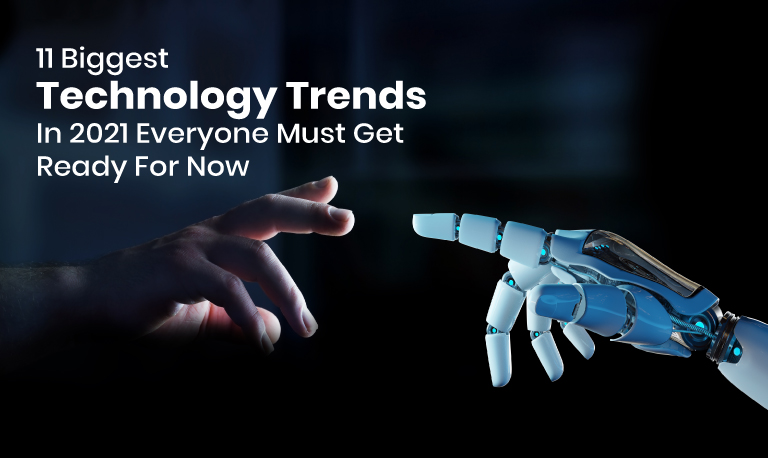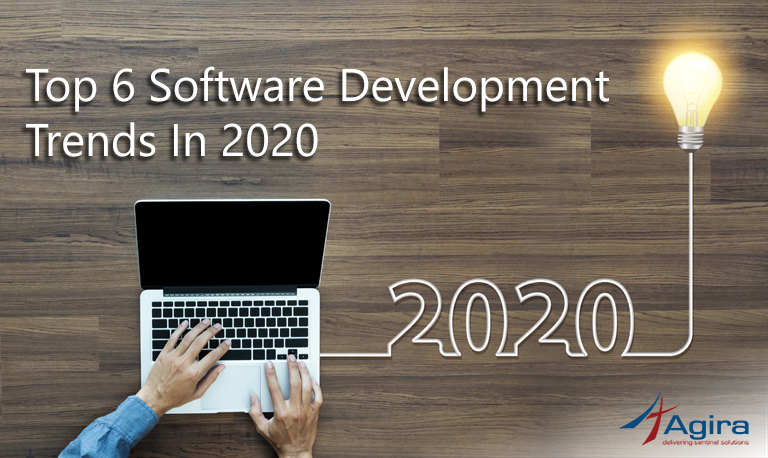CRM has gained popularity in recent times, and for a good reason. CRM has levelled productivity, increased sales quota, reduced labor costs, and improved customer relations. It is impressive how a single SaaS software can transform your entire business.
It has managed to create a competitive growing space for itself. Since its development, many businesses have adopted CRM and seen many benefits. The software system offers the best-in-class customer experience. Moreover, the redefined CRM strategies and solutions have captured unique market demand! Let us look at CRM trends for 2022.
Top CRM trends
Artificial Intelligence (AI)
AI integration with CRM is the industry’s most prominent and welcomed trend. A study by Statista shows the AI market was valued at $3.5 billion in 2020 and expected to reach $21 billion by 2030. But when it comes to applying AI in CRM, the possibilities are endless. While a salesperson can identify a customer’s buying pattern, AI can suggest ways to improve customer service. It can also cross-sell or upsell products and services that the customer needs.
AI’s biggest benefit is its capacity to take over tedious manual tasks like data entry. AI chatbot captures customer data and understands user emotions. It helps you know lead requirements and inform sales teams to improve performance. You can also increase revenue per customer by following user sentiments, preferences, and more.
AI collects a wealth of information about how, where, and why your clients make purchases. The better you understand why your target audience makes a choice, the more personalized your customer experience. You can develop better sales and marketing strategies for a finer target audience. You can now get real-time data about customers’ characteristics, preferences, and more.
Salesforce’s Einstein offers AI applications within their CRM software. Its predictive analytics enhances forecasts and leverages the data stored in a CRM. These analytics help marketing experts make fast decisions. Also, real-time insights help create customer choices and trigger buying decisions.
Internet of Things (IoT)
The Internet of Things (IoT) has changed the entire marketing industry. According to a report, IoT is to connect 41 billion customers by 2027. This means more data in the software for better insights and marketing analysis. Advanced CRM systems take advantage of this trend by connecting to IoT feeds. From smart home devices to wearable health monitors and cybersecurity scanners. IoT-integrated CRMs can provide insights into customer behaviour, improving customer service and creating more personalised marketing campaigns. IoT devices can detect product issues and maintenance needs to the company’s CRM platform.
Mobile and Social CRM
The COVID pandemic was a wake-up call for mobile applications. CRM has already risen to the challenge and broken boundaries. To support global mobile applications, companies choose cloud-based CRM, like Salesforce. Access to critical business information no matter where you are promotes a collaborative work environment. With customers’ growing needs, sales reps can close deals with fewer interactions.
By creating APIs, cloud platforms can scale across any device that connects to the Web. The API structure helps CRM developers increase the speed and scale of the applications they create. Born-in-the-cloud mobile CRM applications are developing a new standard for usability and ease of use, with adoption accelerating quickly.
Mobile CRM apps scale fast to support new business models. It reduces new products to market time and simplifies deployment operations globally. Accomplishing these goals turns insight into revenue.
With the ever-active social media, social CRM has become a necessity. Customers these days share their feedback on products on social media. Hence, it is crucial to building personal connections with your customers. This is why CRM with behaviour-tracking capabilities is needed. Many CRM systems today incorporate social media in their platform to keep in touch with their customers and provide updates in real time. Social media has become integral to CRM activities, offering significant insights and as a listening medium.
Usability
Making things easy and simple to use is the new focus. The CRM system has become cumbersome for salespersons who keep moving from place to place. According to marketing expert Dozer, the CRM system is more about the effective use of applications. Practical applications can aid customer service reps in adopting a better approach toward the customers. They can easily track their activity and focus on selling.
From the end-users standpoint, CRM systems need to be intuitive. Truly effective CRM needs an easy-to-use interface that ensures a solution for a next-level experience.
Customer self-service
Customers prefer self-service over talking to reps for queries. Hence, companies are working on Customer Self-service (CSS) implementation. For example, chatbots on platforms like Salesforce automatically guide prospects through the sales pipeline. With self-service, users can set up accounts, pay bills and get answers faster. According to a survey, 70% of users prefer self-service.
On the other hand, this level of self-service requires data from multiple functional areas to be available to the CRM. Hence, CRM must be part of the back-office ERP system to provide this support. Enabling users with this support opens up opportunities to capture targeted leads.
Closing thoughts
Keeping track of market trends helps you sail toward success. That doesn’t mean investing in every new market trend. But effective tracking gets you to your destination faster, more efficient manner. If you’re looking to upgrade so you don’t get left behind; this blog is a good starting point. For more details on CRM trends, reach out to our Agiratech executive.










